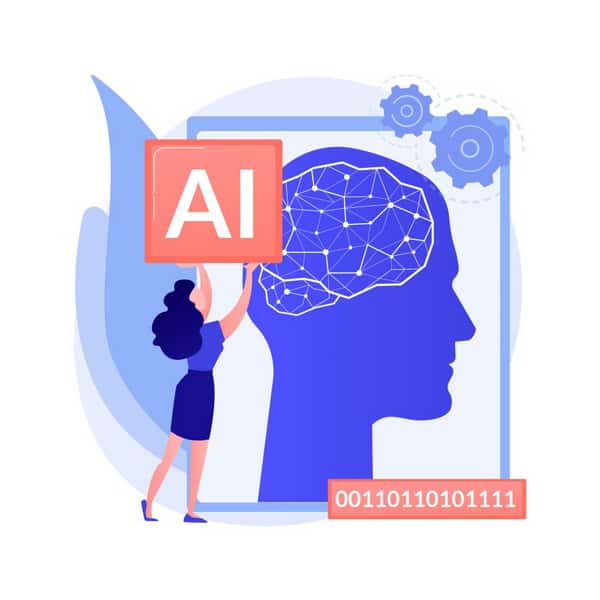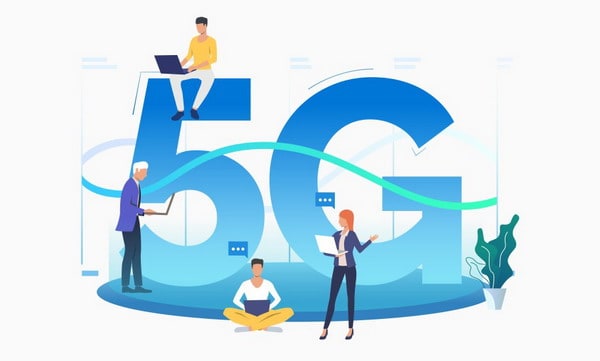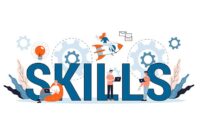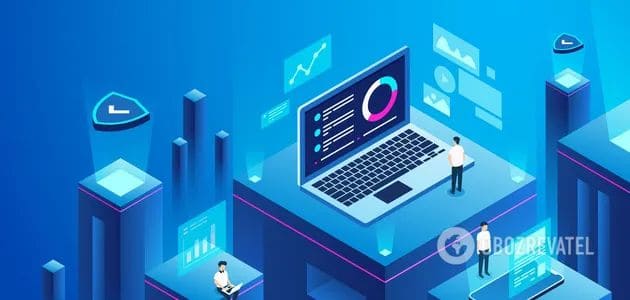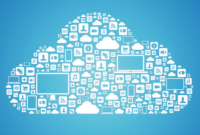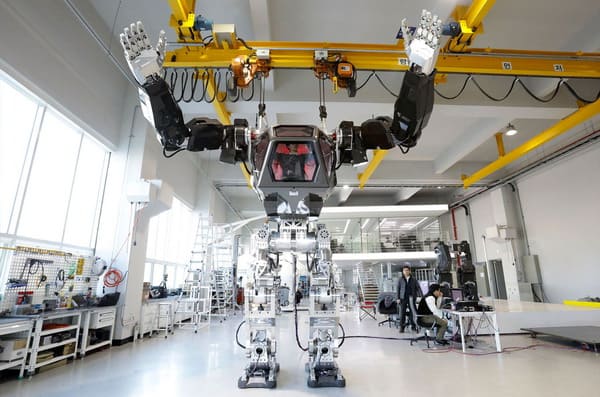These ten technology trends in 2021 will change our future, according to Bain & Company
According to Bain and Company, there are ten top technology trends in 2021 to watch out for. All of them are related to a rapidly advancing digital evolution, and many of them are part of green technologies. These include megatrends such as circular economy and zero waste tech.
In addition, improved and individual customer service is the focus of new technology trends. This is extremely important for the retail sector, which has been badly affected by the Corona crisis. Megatrends such as Edge AI as well as advanced workforce technologies enable companies to reach a new level in terms of customer satisfaction.
In addition, factories with access to the 5G network, as well as simpler applications of artificial intelligence, a significant increase in efficiency is predicted. With the help of simplified AI applications, broader groups of employees can run algorithms and understand the results of these better. However, none of this works without a solid cyber security and data security system.
Source Freepik, Copyright by Stories
At the same time, millennials are initiating the modernization of various industries, starting with next-gen HR, which aims to recruit in-demand talent through creative HR models. Last but not least, the digitalization of the health sector is advancing: The increasing accumulation of big data enables companies and insurance companies to offer tailor-made solutions.
Top 10 technology trends 2021
- Edge AI
- Workforce technology
- Circular Economy
- Zero waste tech
- Factories with 5G
- AI for everyone
- Cyber security
- Next-gen HR
- Big data in the health sector
- Telematics auto insurance
1. Edge AI
According to Bain & Company, Edge AI is the next generation of artificial intelligence. Because Edge AI processes data and information closer to the user, more precisely on their end devices. It thus replaces the need for cloud computing for AI solutions. As a result, data will no longer have to be sent to central locations for processing in order to implement AI functions on smart watches and the like – which significantly slows down the implementation of these smart functions.
Advantages: Less need for bandwidth, efficiency and speed, data security, independent of cloud systems
Source Freepik, Copyright by Vectorjuice
2. Workforce technologies
Especially in retail, companies often struggle with temporary staff shortages in their stores. So far, this has led to a significant decrease in customer satisfaction. In addition, costly overcrowding is often used as a countermeasure. But progressive workforce technologies should soon put an end to this: They optimize the deployment of personnel by reacting quickly and flexibly to an increase or decrease in the need for workers with automated systems.
Advantages: Cost savings through optimized use of personnel, improved customer service and agile requirements planning
3. Circular economy
According to Gartner, circular economies should completely replace linear economies in the next 10 years. Companies are moving from the traditional transactional relationship based on the simple sale of products to a production and consumption model in which existing materials and products are shared, leased, reused and recycled. The main reason for this is that consumers and shareholders are shifting their values towards sustainability.
Advantages: containment of climate change, low use of natural resources and resilient business models
4. Zero Waste Tech
Zero Food Waste Tech in particular is one of the technology trends for 2021. The focus here is on the waste caused by the food industry. According to the Food and Agriculture Organization of the United Nations, more than 30% of the world’s food is disposed of or wasted each year. According to Bain & Company, the use of waste reduction technologies is set to revolutionize and significantly reduce the amount of food being thrown away by retailers in the future.
Pros : reduction of food waste, food security, poverty alleviation
5. Factories with 5G
The switch from 4G to 5G networks should not be missing from the technology trends in 2021. According to IHS market research, 5G technology is expected to achieve aggregate economic output of $ 13 trillion worldwide and create around 22 million jobs by 2035. The new global mobile communications standard is 100 times faster than 4G and should significantly accelerate the transition to Industry 4.0 and the industrial Internet of Things.
Advantages: Extremely fast data exchange, real-time reaction and reliable connectivity
Source Freepik, Copyright by Katemangostar
6. AI for everyone
According to The Economist Intelligence Unit, banks and insurance companies expect investment in artificial intelligence to increase by around 86% by 2025. According to Bain & Company, user-friendly AI platforms play an important role in applying AI on a large scale. This enables employees to build models and run algorithms faster and understand results more easily. On the basis of this, reliable and fast business decisions can be made.
Advantages: Intelligent data analysis, automation, reduction of human errors and faster decision-making
7. Cyber security
According to Interpol, the coronavirus crisis has given cybercriminals an unprecedented opportunity to step up their attacks. However, according to a Bain study, most companies overestimate their level of cyber security. Only 24% actually meet the required requirements. Recognizing general IT security gaps and protecting against cyber attacks are of central importance for a resilient digital organization.
Advantages: data security, protection against cyber attacks and thus a resilient digital organization
8. Next-gen HR
By 2025, millennials will make up around three quarters of the global workforce. According to Bain, this digital-native pool of candidates calls for a significant modernization of recruitment. The next generation of HR should therefore rely on innovative and creative recruitment models in the future. Away from the traditional CV towards smart and inclusive approaches – such as gamification or cognitive intelligence.
Advantages: Improved HR team performance, quick identification and talent acquisition
9. Big data in the health sector
The health care big data market is expected to reach nearly $ 70 billion by 2025, six times its value in 2016. The rapid acceleration in health data collection provides the industry with an unprecedented opportunity to harness breakthrough digital capabilities like Use AI. This is not only intended to increase efficiency, but also enables tailor-made adaptation to patient needs.
Benefits: Improving treatments and patient care
10. Telematics auto insurance
The usage-based insurance (UBI) market is projected to reach $ 126 billion by 2027. With 3.8 billion expected smartphone users in 2021, mobile telematics goes one step further with UBI and enables insurance companies to use sensors and tracking technologies embedded in smartphones. The collection of real-time data enables a better understanding of the driving habits of customers and the offer of individual insurance.
Advantages: More competitive insurance offers, behavior-based insurance programs and increased driving safety



